Wayfaring the BearWatch Project
Estimated time to follow this cut without detours: 20 minutes (excluding 20 minutes animated graphic documentary.)
The land invites one to move away from anthropocentric tellings - towards narrations of becoming knowledgeable in company with the seasons, snow, ice, wind, lichens, caribou and many more. Such stories leave room for us as researchers, but aren’t about us[1].
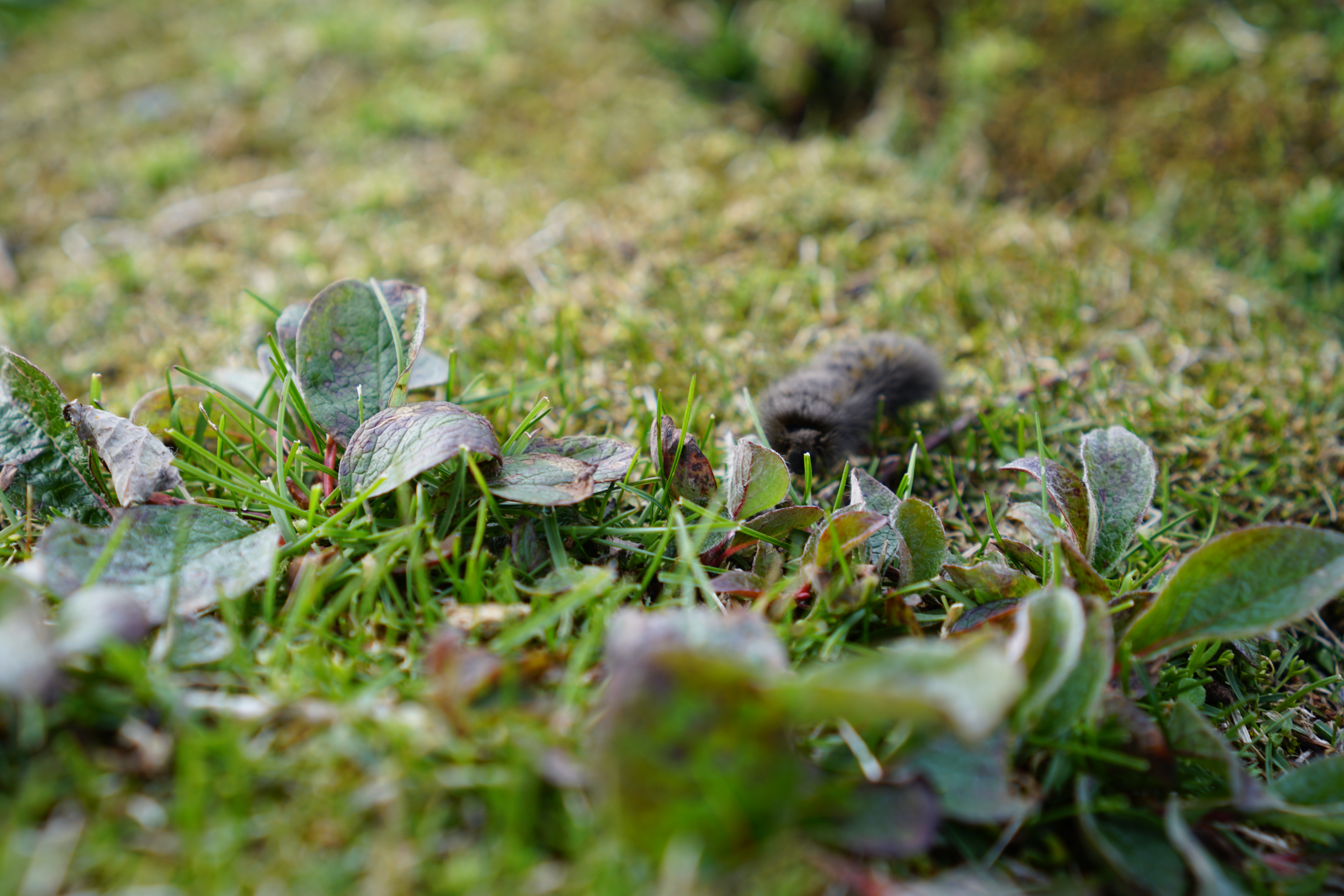
- ↑ see Le Guin, U. K., & Haraway, D. J. (2019). The carrier bag theory of fiction (pp. 149-154). London: Ignota books.
Acknowledgements
An explicit note of acknowledgement for this cut goes out in particular to George Konana, in Gjoa Haven, and Leonard Netser in Coral Harbour.
Both men have taken me out on the land, the sea and the ice on multiple occasions between 2020-2023. They patiently took time to introduce me to their land and explained how they found their way in various ways and under multiple conditions.
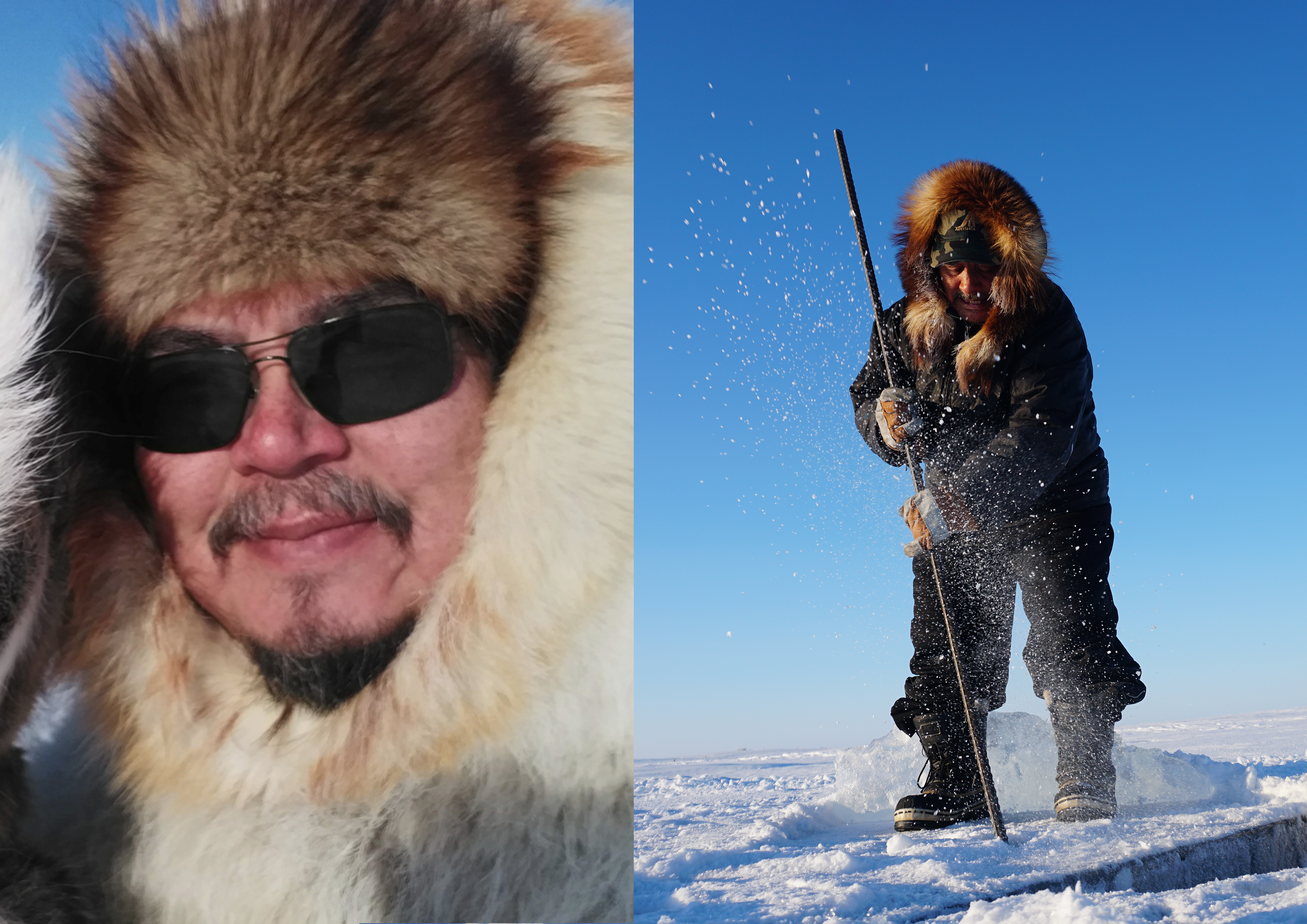
Thank you for teaching me the valuable lesson of just tagging along and being present for the ride.
Becoming a Wayfarer
My name is Saskia de Wildt. This cut traces my PhD research as I have conducted it with-in a large Genome Canada funded research project: "BearWatch."
Within my research I explore what it means to practice knowledge conciliation under guidance of the principles of the ‘Ethical Space of Engagement’[1] and the Inuit Circumpolar Council (ICC) Protocols for Equitable and Ethical Engagement (EEE[2]) rather than based on data-driven needs.
Knowledge Conciliation in Polar Bear Research
Tensions around knowledge co-production in polar bear monitoring and co-management remain.
Data-driven conservation, management and monitoring of polar bears in Inuit Nunangat- while necessary to address significant data gaps on population trends and a rapidly changing Arctic environment- has also proven itself a challenging environment for the conciliation of western sciences and Inuit Qaujimajatuqangit (IQ[1]).
- ↑ The Inuit specific cosmology of knowing and being in the world, see N. S. D. C. Nunavut Social Development Council. (1998). Report of the Nunavut Traditional Knowledge Conference, Igloolik, March 20-24,1998. Iqaluit: Nunavut Social Development Council. 35p.
Wayfaring as a Sensitizing Method
My wayfaring approach, as will become clear, does not attempt to formulate a new, alternative, or innovative means of knowledge conciliation across cultural differences, nor does it lead to conclusive take-aways about ethical knowledge conciliation.
It instead unsettles fixed ideas about “knowledge” towards a “coming to know”, and instead of “knowledge integration” it performs the idea of “worldly encounters”.
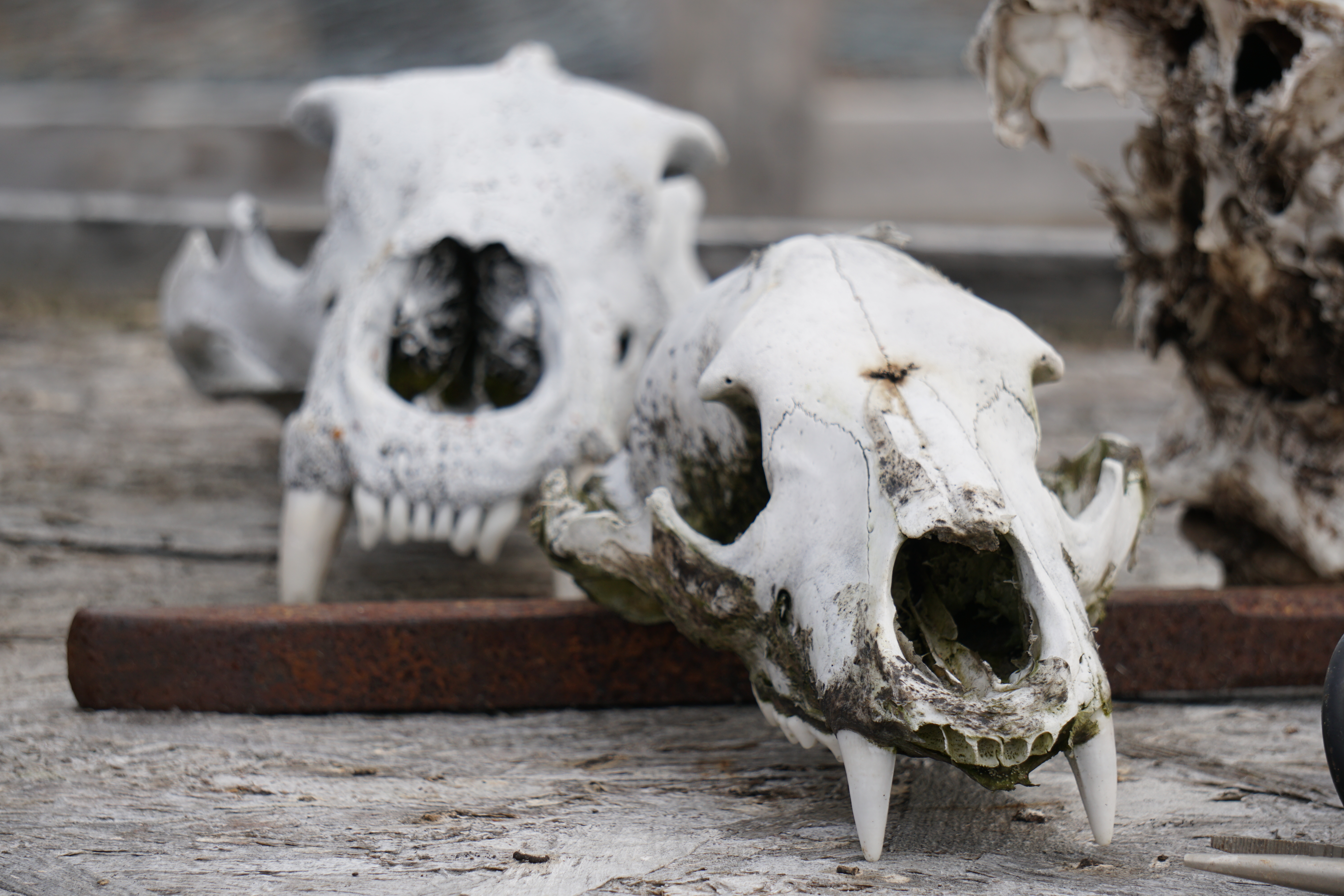
This cut centers the unfolding of a particular research project: ‘Bearwatch: Monitoring Impacts of Arctic Climate Change using Polar Bears, Genomics and Traditional Ecological Knowledge’.
Hereafter referred to as "Bearwatch."
"Keep going" to learn moreThe BearWatch Project
The BearWatch project ran between 2015 and 2023, during which it sought to meaningfully engage IQ in its development of a new non-invasive genomic polar bear monitoring toolkit.
Transdisciplinary Threading
The paths you will navigate alongside this project, interweave and correspond with that of mine, and with those of researchers and policymakers in the field of polar bear science, with polar bears themselves, community members, ice-pressure ridges, snowdrifts, silly hats and many more...
But before you set on your way, notice that you have stumbled upon a "Vista".
This "Vista" is a viewpoint. Go check it out!Decision-making
You now have a choice to make.
Will you trace the most straightforward path along the reports of BearWatch project? Or will you start threading your own path as you feel your way forward in response to the company you may encounter along the way?
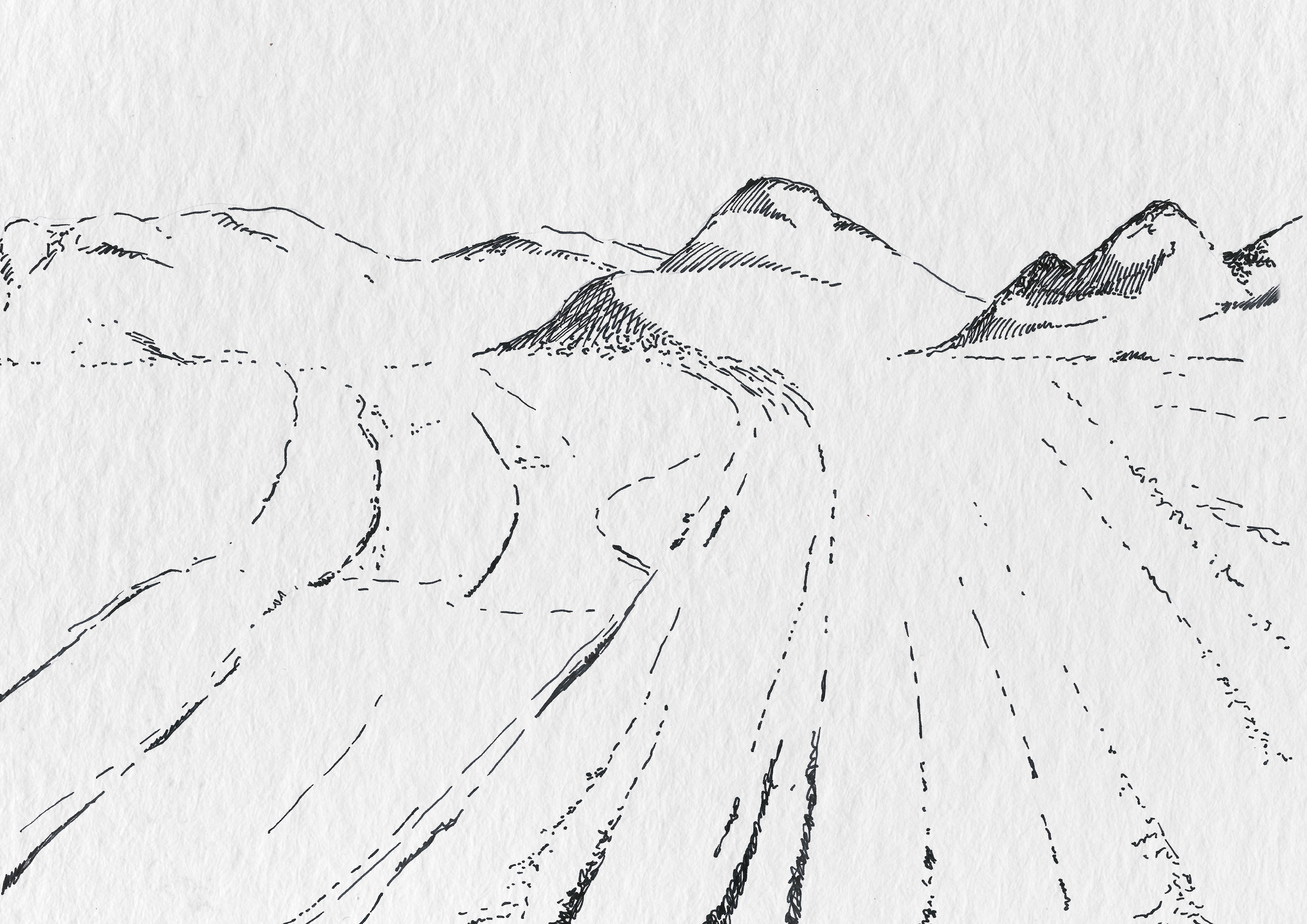
Otherwise,
Take a "Detour" to look up the meaning of “intra” dependency, as opposed to “interdependency” before you keep going.
Or,
Detour: look up the meaning of "intra-dependency"
TEK Workshops
From here, you jump straight into the BearWatch project- beginning with the TEK workshops that were held in the community of Gjoa Haven in 2019 as to inform a feasibility study on future community-driven polar bear fecal sample collection.
The BearWatch project was designed to include a “Genomics and its Environmental, Economic, Ethical, Legal and Social aspects (GE3LS)” component
Three TEK mapping workshops were co-designed with the HTA of Gjoa Haven, as part of the projects “Genomics and its Environmental, Economic, Ethical, Legal and Social aspects (GE3LS)” strategy to ‘identify TEK gaps’ and ‘fill them’[1].
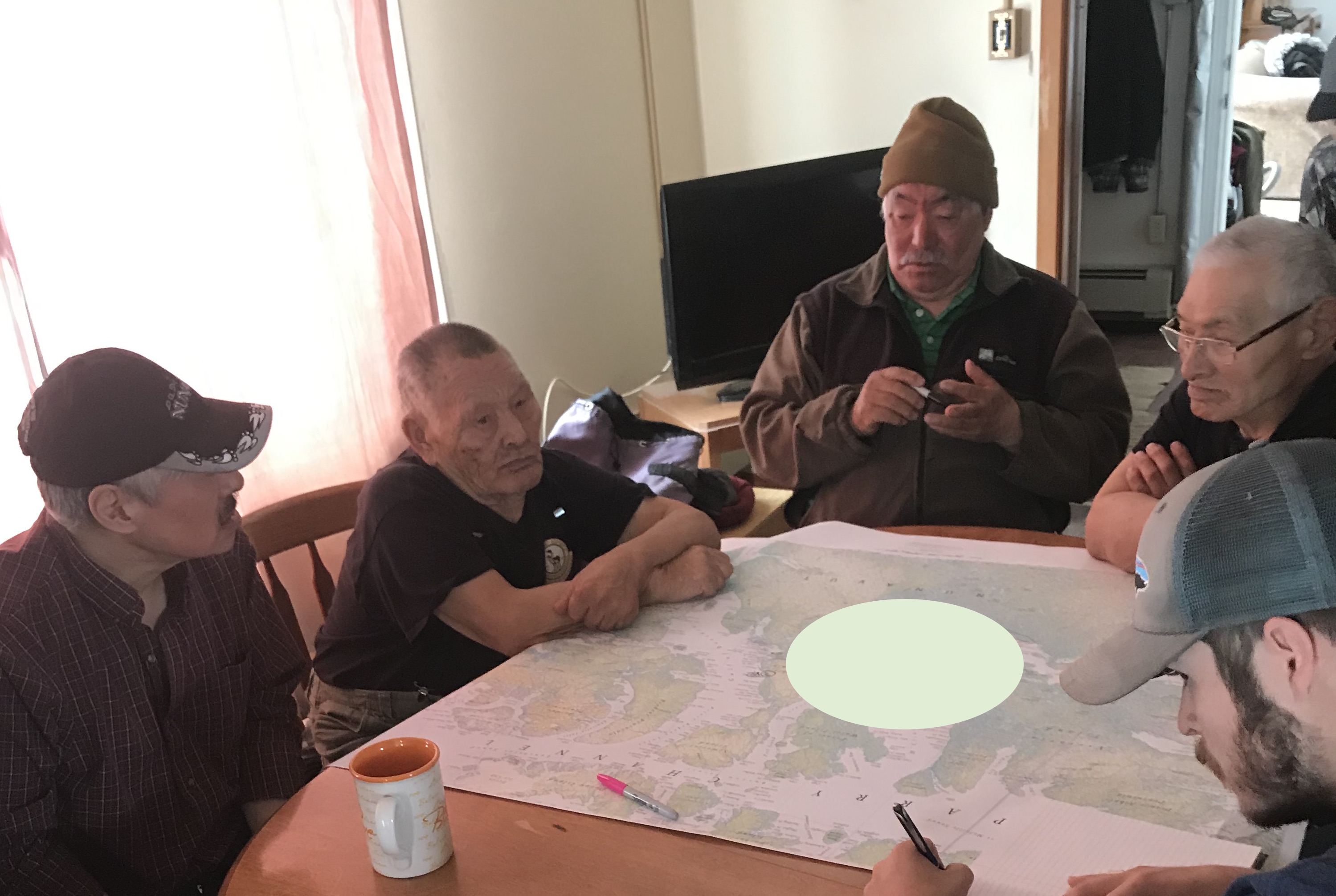
Then someone brings up the existence of a nearby shipwreck: "Knowledge Co-production”. They suggest you go check it out to get a deeper understanding of the im/possibilities around bringing IQ together with western sciences.
You weigh your options,
"Keep going" to move on with the project.
Or,
"Detour", to read about GE3LS.
Or,
- ↑ BearWatch research proposal, 2016 p.30-31
Wrecksite: Knowledge Co-production
Workshops Summer 2019
The Gjoa Haven Hunters and Trappers Association (HTA) doesn't want to "keep going," however.
They have urgently been trying to get the BearWatch researchers to turn their focus towards the available polar bear harvest quota.
After two generations of hardly being able to hunt polar bears, the Gjoa Haven HTA have asked the researchers of the BearWatch project to help them seek recognition for the loss of income, loss of culture, and loss of intergenerational knowledge transfer.
Going on the Record
Two workshops were organized in response to community requests, to record the impacts of polar bear hunting quota reductions on the community.
One workshop was held May 15, 2019 in the evening with 10 participants and one on May 16 in the morning with 11 participants.
Both workshops were audio-recorded.
The BearWatch PI's and Gjoa Haven HTA-board want to use these recordings as primary materials for an academic paper.
They ask me to write it. However, I have just learnt about this project and have not yet set foot into the community.
What would you do?
"Stay with the Trouble" to explore how the “Politics of recognition” can complicate such writing- even if it risks completely derailing you from your course.
Or,
The Gjoa Haven HTA wants a publication, so maybe there is no need to complicate things further for the moment?
"Keep going" to not engage further with the community of Gjoa Haven for now, and prepare for your first fieldtrip to the NorthCoral Harbour.
